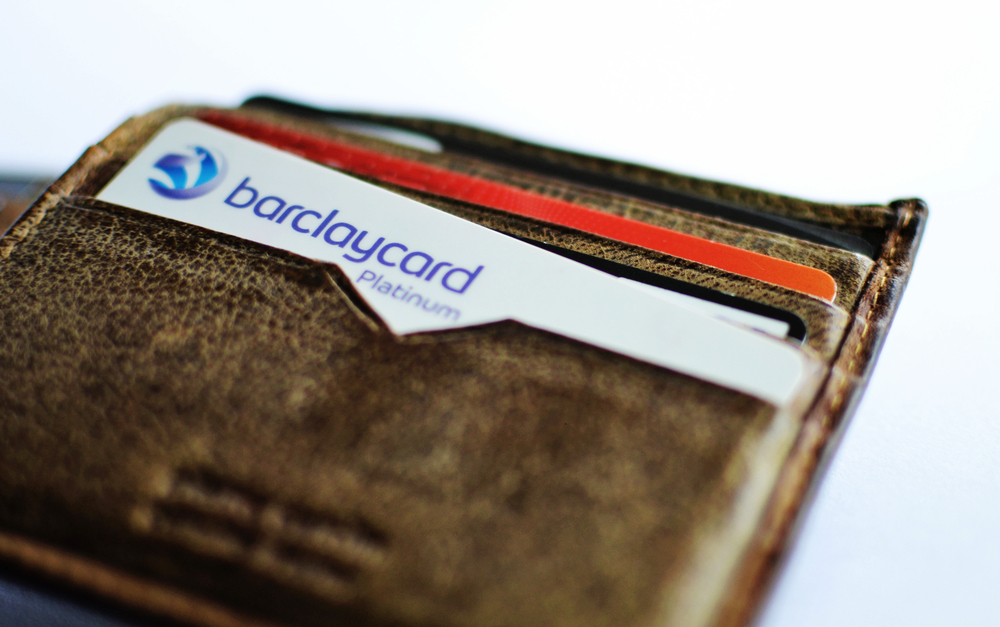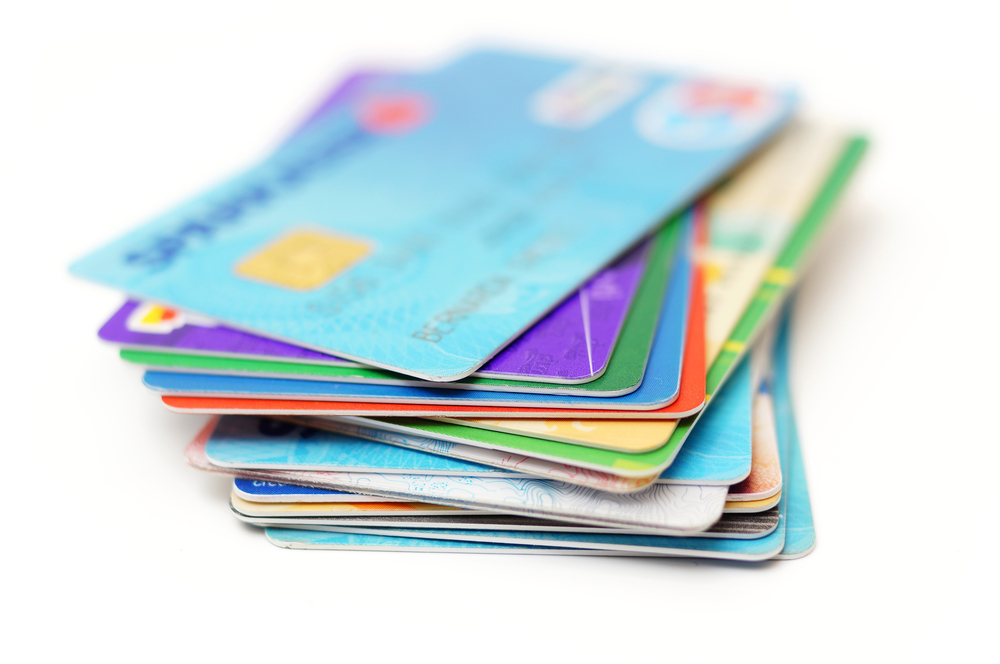The government seems to have forgotten about plans to regulate the Buy Now, Pay Later (BNPL) sector – but experts have warned that the move would leave consumers without vital safeguards.
Citizens Advice, MoneySavingExpert.com (MSE) and Which? have teamed up to renew calls for the Government to urgently protect BNPL users.
The consumer groups claim that new laws which were expected to be in place by now, seem to have been “pushed into the wilderness”. Little has been said officially, but reports and strong rumours suggest the Treasury may ditch plans to regulate the sector entirely.
All three organisations are saying that to stop or delay regulation would be disastrous as the failure was likely to push more people into financial hardship. They, along with a coalition of supporters, sent a joint letter to the Chancellor in July urging him to press ahead with regulating the sector – but that letter remains unanswered.
A lack of regulation leaves consumers without vital safeguards on purchases and protection from unsustainable borrowing.
Citizens Advice research found that 37% of UK adults have used BNPL in the past 12 months – up 37% since 2021. One in six people using BNPL are behind on payments, and that figure rises to more than one in three for those on Universal Credit, according to the charity.
Research by the Financial Conduct Authority (FCA) found that frequent users of BNPL are more likely to be in financial difficulty.
Lewis: ‘Government shouldn’t be yankers’
Martin Lewis, founder of MoneySavingExpert.com, said: “The Government hasn’t said it’s doing a U-turn, but it’s hard not to hear the screech of the handbrakes and the yank of the steering wheel. I desperately hope the Government won’t be yankers though, this regulation is needed, and needed soon.
“BNPL, used right, can be a decent way to spread the cost of planned purchases. Yet too often people sign up without realising it is a debt, what happens if they can’t pay, or take it on when it’s unaffordable.
“Regulation was so close we could taste it – the Ts just needed crossing, and the Is dotted. Yet now we’re facing another Christmas, amidst a cost of living crisis, when people under financial pressure are tempted to borrow, and to spend, by this ubiquitous form of debt-payment.”
Citizens Advice: ‘Unaffordable credit never the answer’
Dame Clare Moriarty, chief executive of Citizens Advice, said: “The cost-of-living crisis continues to have a vice-like grip on people’s budgets, with many being squeezed beyond breaking point.
“Under such pressure, it’s hardly surprising more and more consumers are turning to quick, all too often unaffordable credit options like BNPL. In fact, there’s been a 37% jump in its use since 2021, and we only expect this to increase.
“While BNPL can be a good option for some, our message is clear: unaffordable credit is never the answer. The Government must act on its pledge to bring the BNPL market into line.”
Original Government plans, put into a draft statutory instrument, would have meant BNPL borrowers could imminently benefit from clear and fair advertising, section 75 protection on purchases, and the right to complain to the Financial Ombudsman Service (FOS) if they had a complaint about a BNPL lender.
Lenders offering BNPL would also have needed to be approved by the FCA in order to lend, while consumers would also likely have faced tougher affordability checks when taking out a new BNPL agreement.
Which?: ‘Consumers need protection’
Rocio Concha, Which? director of policy and advocacy, added: “It’s now been two and a half years since the Government promised to urgently regulate BNPL due to the harm it was causing consumers. With more people turning to BNPL to pay for essentials, that harm has increased.
“Consumers using this payment method need proper protection – something even BNPL providers agree with. The Government must regulate BNPL immediately.”





